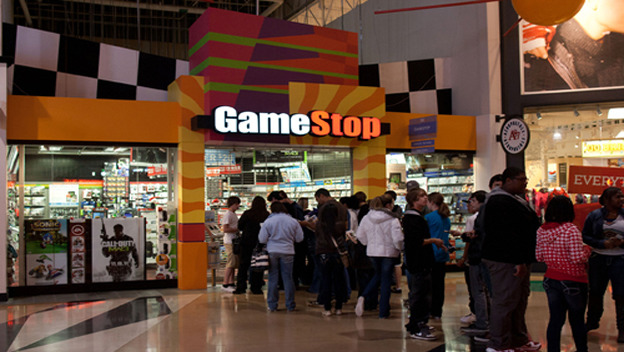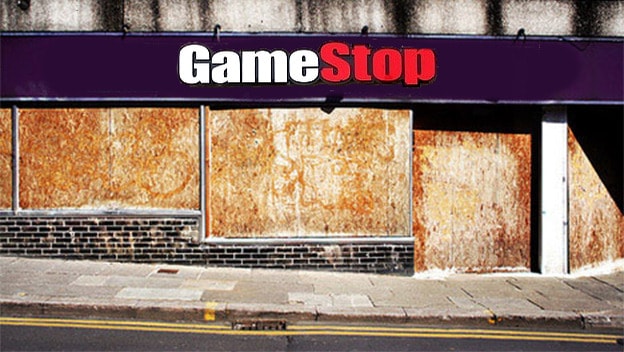From its introduction only a few short years ago, digital gaming content has enjoyed an explosion of player acceptance and popularity across the globe. Digital releases of AAA titles are becoming more and more commonplace, and the independent market is positively teeming with a diverse library of unique games for a fraction of the cost. Add to that DLC expansions, mobile gaming, and subscriptions, and it becomes impossible to deny the success of the digital delivery system. But as this form of product delivery progresses, can it finally replace disc-based games entirely? One day, perhaps, and that day may be sooner than you think.
In the 2013 Games Market Dynamics: US report released today from NPD Group , it shows the earnings in the gaming industry from the last fiscal quarter (April-June 2013) as $2.88 billion. Of that number, a staggering $1.77 billion was spent on digital gaming content, which includes full-game downloads, DLC, subscriptions, and mobile and social games. For perspective, that leaves the rest of gaming sales with a $1.11 billion combined contribution, which includes all forms of physical software (new, used, and rental) and gaming hardware. This doesn’t really come as a shocker considering the looming release of two major next-gen platforms, but the fact that digital gaming has come this far in such a short time is astounding, leaving us to wonder about the future of disc-based gaming.
Neither Microsoft nor Sony has made any plans to go completely digital with their game delivery system, but if this upward trend continues, it could become a distinct possibility down the road. Both companies have strategically situated themselves with new technology that could make an all-digital platform a reality. Through the Gaikai cloud service for PS4 and the Azure cloud servers for Xbox One , an online digital delivery system may become preferable for many gamers in the very near future, and who could blame them? The streaming capabilities of these services are excellent, and if given the choice between clicking a button or driving to the store and picking up a physical copy of a game, I would pick the former almost every time. With the added bonus that these systems would ease the strain on console hard drives, alleviating the need to download full games to play them, this could be a win-win for everybody. Well, almost everybody.

Let’s run down the list of who benefits. In a world of digital delivery for games, developers and publishers are better off by not being hamstrung by physical production and shipping costs. Console companies get an edge by being provided with a more diverse library of games that are available to the customers at the touch of a button. And gamers would be provided with a veritable cornucopia of gaming goodness, which I am sure we can all agree is a delightful prospect.
So who is left out in the cold? Gamers without persistent Internet connections. This slice of the industry pie is larger than you might think, but if the rewards of implementing a fully digital business plan outweigh the risks in terms of dollar signs for any console platform, not one of these companies would hesitate to cut the umbilical cord that supports the Internet-less population, no matter how benevolent you may think they are.
I’m not saying that this is going to happen. Hell, I’m not even saying I want this to happen. But the evidence that digital is poised to take out disc-based gaming points in this direction, and it behooves us not to ignore it. It could be a good thing–if we are willing to change. If we’re not willing to? We could give up gaming, but that’s not really an option, is it?
